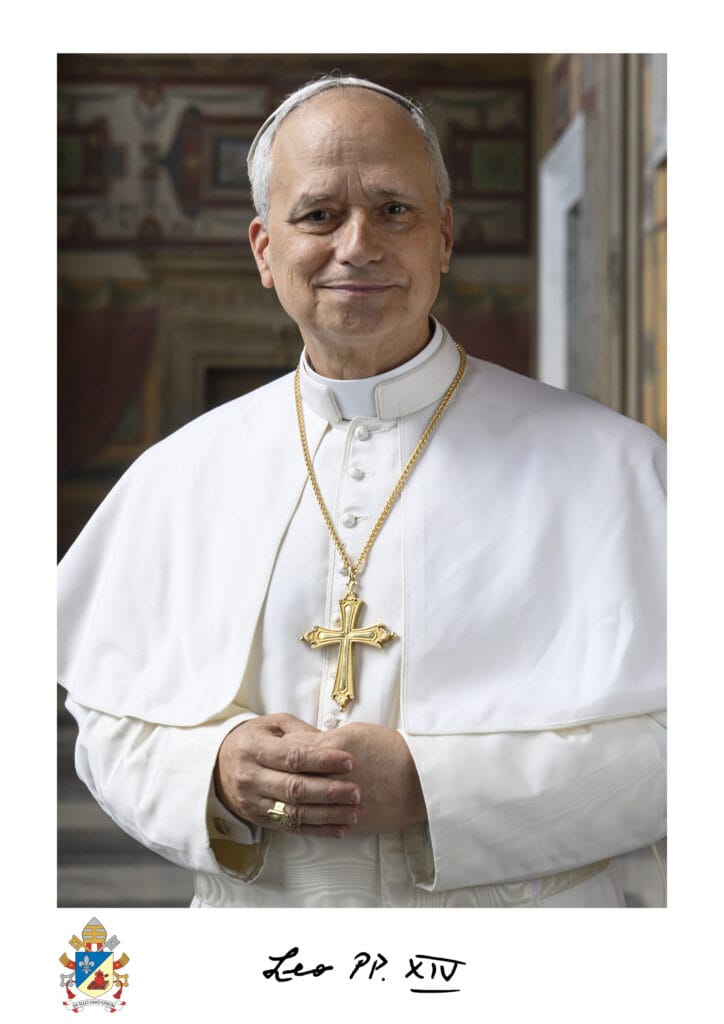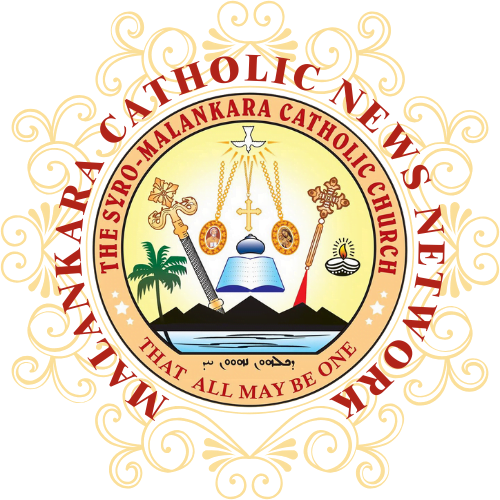Rome, 8 May 2025
It is a curious thing: the fate of nations and the prayers of peasants alike hinge, for a breathless hour, upon a wisp of smoke. The world, so often deaf to whispers, pauses for the silent voice that rises from the Sistine Chapel – white, not grey, not black, but pure white – and in that instant, a million hearts unite in expectation, as the ancient bells of St Peter’s Basilica answer with a clamour that outpaces the newswires.
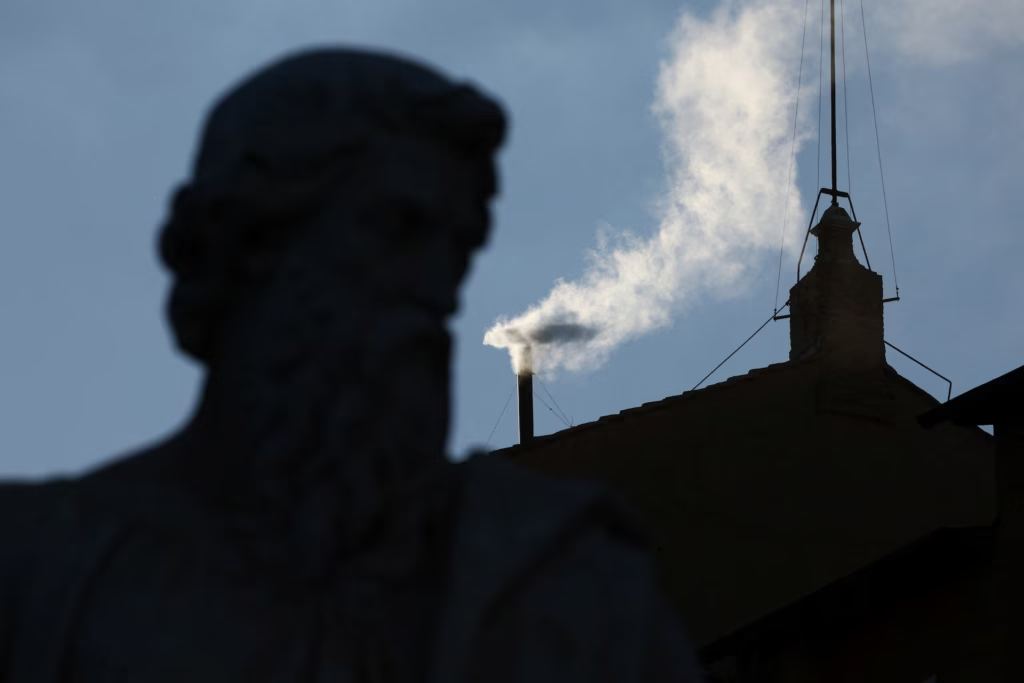
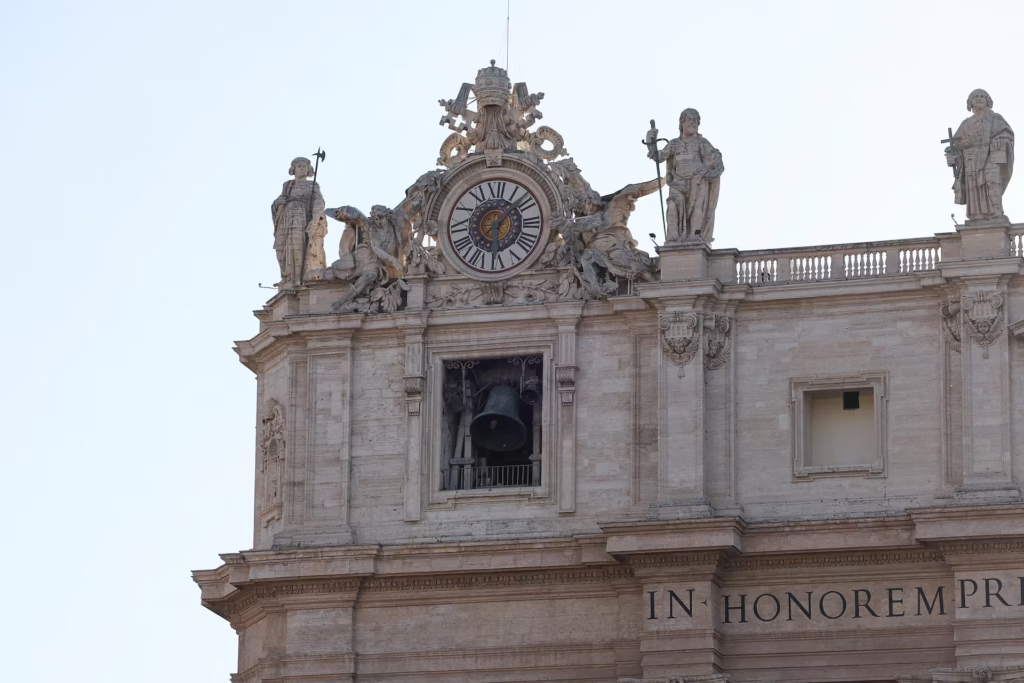
The square below, swelled by pilgrims and doubters alike, fixes its gaze upon the loggia, where the curtain trembles. The ancient formula resounds – “Annuntio vobis gaudium magnum: Habemus Papam!” – and the centuries roll forward. Our generation now stands witness as Robert Francis Cardinal Prevost, O.S.A., takes the name Leo XIV, the 267th Bishop of Rome. History turns on the smallest hinges. The son of a city famed for its steel and its struggle – Chicago – finds himself heir to the throne of a fisherman.
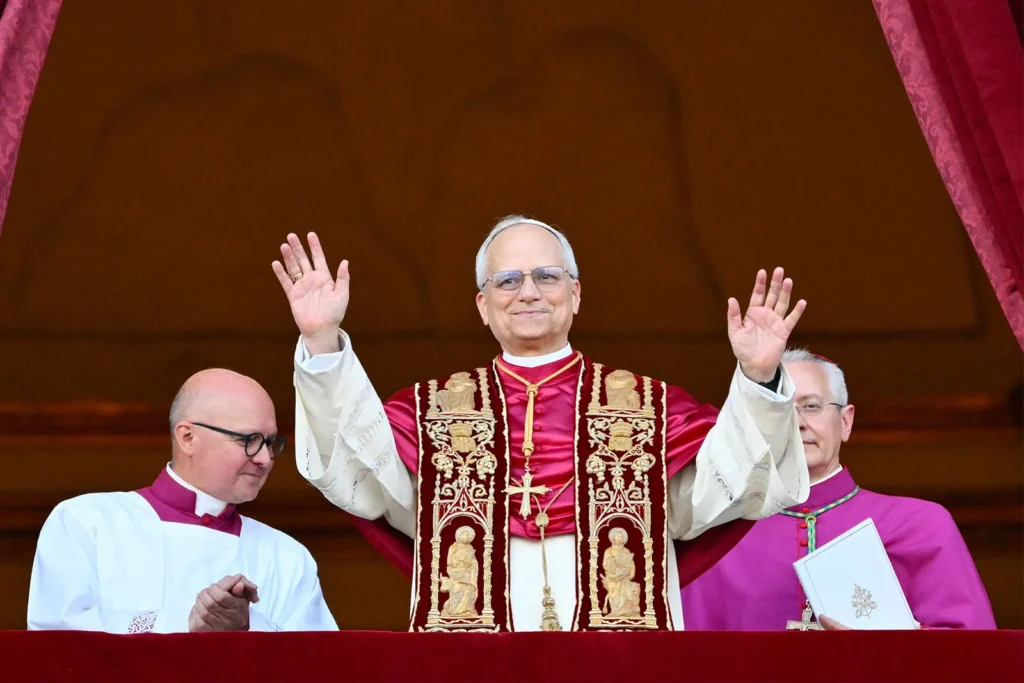
Habemus Papam: The Announcement Heard Around the World
It is easy to forget, in the spectacle of pageantry, that at its core the election of a Pope is an act of surrender. “Thank you for saying yes,” murmurs the editorialist; yet, the real wonder is not that a man accepts this mantle, but that he must first lay down his own ambitions and become – for the world – a servant. Pope Leo XIV, as he greeted us with “Peace be with all of you!”, reminded us that the Church is forever entrusted not to the strong or the clever, but to those willing to walk in the shadow of the Cross.
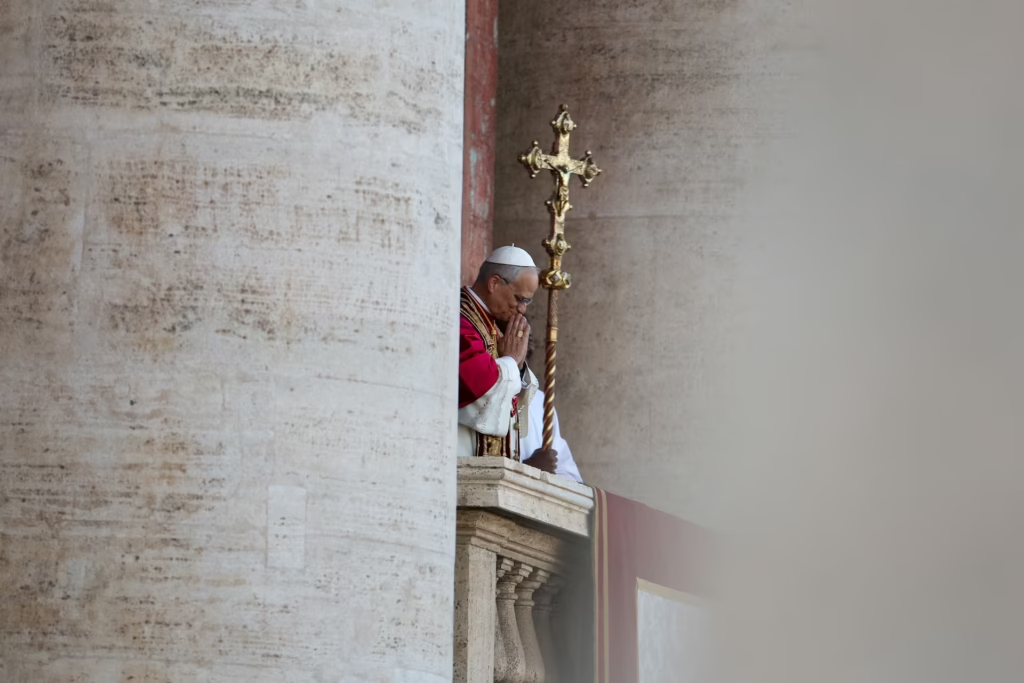
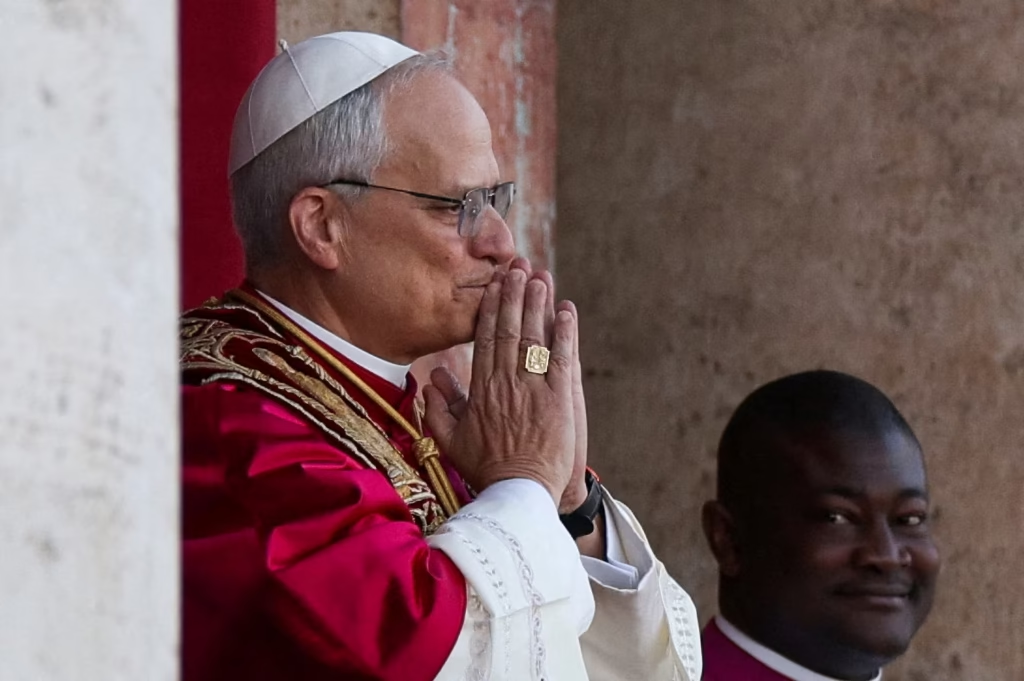
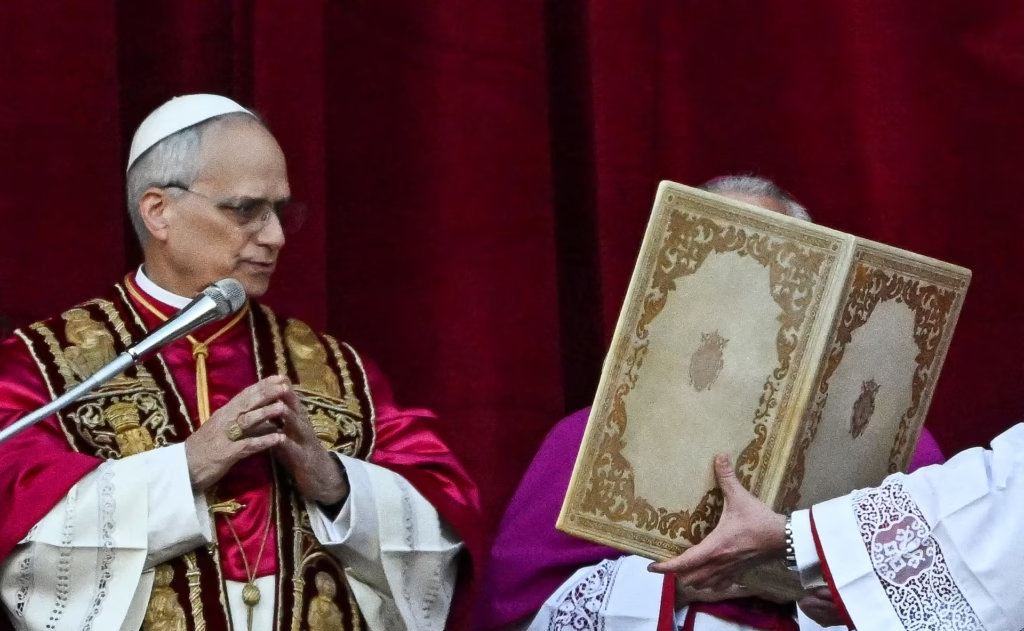
Robert Francis Prevost: From the Streets of Chicago to the Chair of Peter
Born on 14 September 1955 in Chicago to Louis Marius Prevost, of French and Italian heritage, and Mildred Martínez, of Spanish descent, the young Robert Francis grew up with a trinity of languages echoing through his household: faith, service, and curiosity. His earliest days were marked by the ordinary heroism of a Catholic family, and by the quiet drama of a city forever in flux, where hope and hardship intertwine.
He entered Villanova University, a place known for cultivating intellect and spirit alike, emerging with a degree in Mathematics – a discipline of order and paradox, no doubt pleasing to a mind destined for ecclesial responsibility. Yet numbers did not satisfy his deepest hunger. Drawn to the Augustinian Order, he professed his vows in 1981 and was ordained in Rome in 1982, his path winding ever closer to the heart of the Church.
A Decade in Peru
It is a paradox worthy of Chesterton: the missionary leaves behind everything, only to find everything returned to him, multiplied by the faces of those he serves. Sent to Peru, Fr. Prevost walked among the poor, sharing bread and hope in equal measure. He was not content to be a distant overseer. Rather, he became parish priest, seminary professor, judicial vicar – wearing every hat, so long as it served the Gospel. Those years, marked by difficulty and joy, honed his understanding of a Church that is truly universal.
Here in the Peruvian sun, he learned to speak the language of solidarity. The memory of his time in Chiclayo and Trujillo, among the bustling parishes and silent chapels, would never leave him. Years later, as Bishop of Chiclayo, he would recall the scent of the soil and the laughter of children running after the processional cross.
The Augustinian Prior General: Pilgrim Among Pilgrims
Elected Prior General of the Order of Saint Augustine in 2001, Fr. Prevost became a pilgrim among pilgrims, travelling the continents not as a prince, but as a brother. He knew the solitude of airports, the warmth of religious houses, the challenge of reconciling the Order’s storied past with the pressing needs of a restless present. It is said he travelled to Kerala, India, in 2004 and 2006, treading the red earth that so many missionaries before him had blessed with tears and hope.

In Kerala, at St Francis Xavier Church, Kaloor, he presided over the ordination of six deacons, an event etched in the memory of the local faithful. Archbishop Joseph Kalathiparambil of Varapuzha, reflecting on these visits, recalls a man of “simplicity, humility, and missionary zeal,” whose presence in the backwaters and in the cities alike was a sign of the Church’s enduring unity.
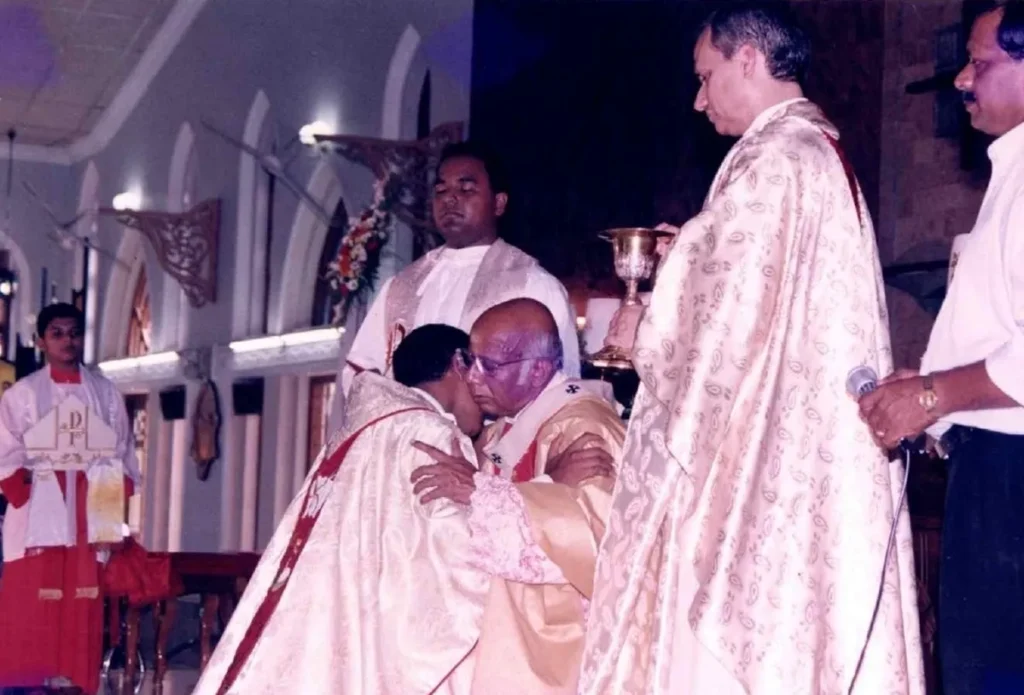

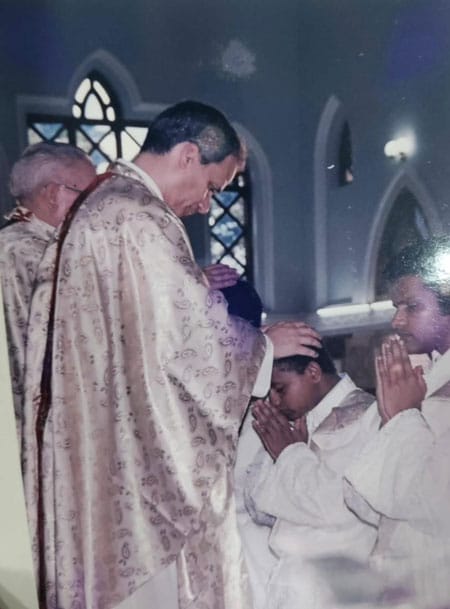
Encounters in Kerala: The Pope Who Walked Our Soil
There is a certain wonder in seeing the man who once broke bread at our tables ascend to the Papacy. Kerala’s faithful remember Pope Leo XIV not as a distant dignitary, but as a guest who preferred local food, who journeyed in humble vehicles, and who rejoiced in the song of children at Shenbagam School in Pollachi. Priests recall his “profound affection for the Church, grounded in prayer and simplicity.”
His time among us was marked by a remarkable absence of pomp. Fr. Jacob Mullassery, who accompanied him on both journeys, notes how “his humility profoundly affected us all.” For many, his election as Pope is not merely a matter of pride, but a gentle affirmation of the dignity of every Christian, whether in the Vatican or in a small parish in Aluva.
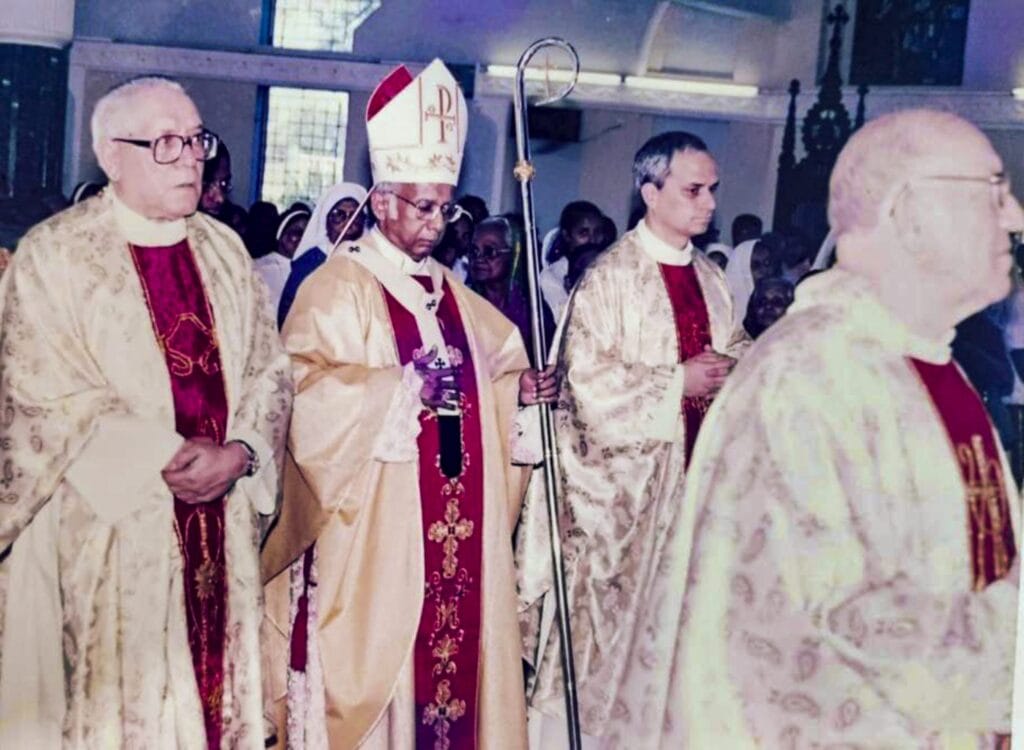
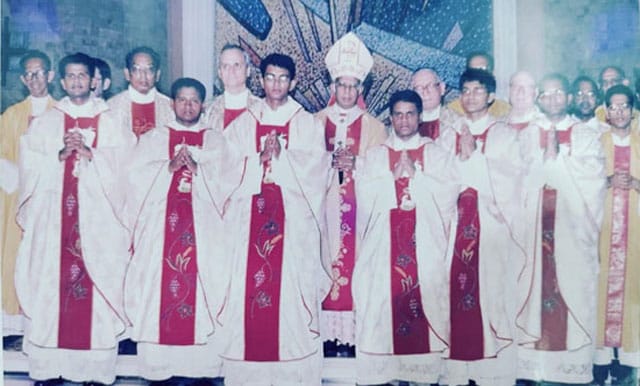

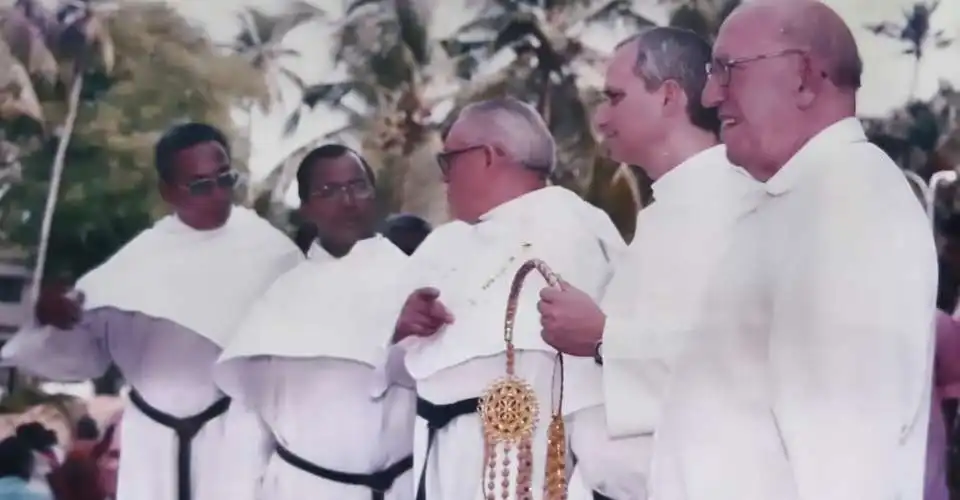
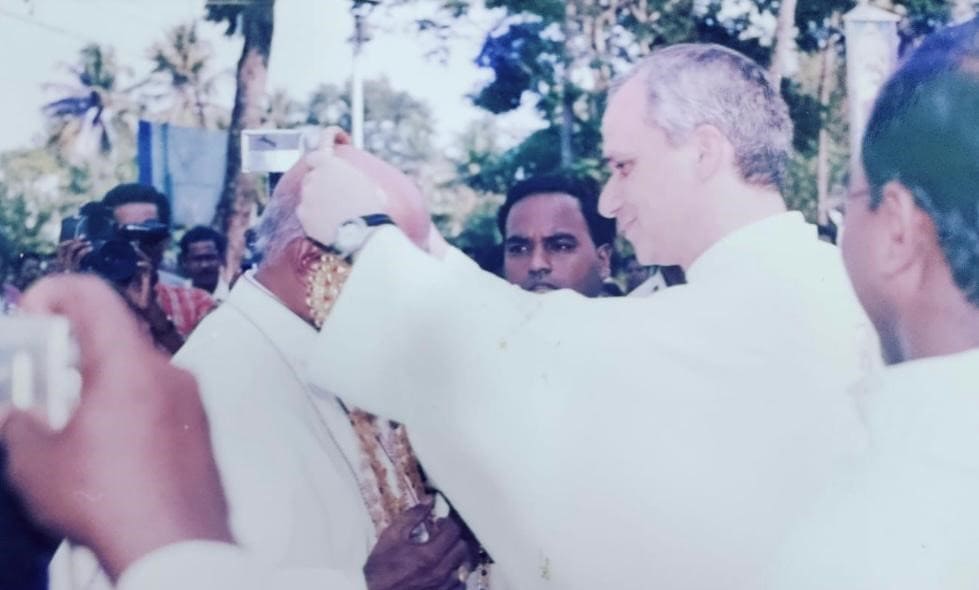
The Path to Rome: From Mission to Curia
Returning to the United States, Fr. Prevost was elected Provincial Prior before being summoned once again to Latin America – this time as Apostolic Administrator, and then Bishop, of Chiclayo. His episcopal motto, “In Illo uno unum” – “In the One, we are one” – is less a slogan than a map for the Church: unity, not uniformity; solidarity, not sameness.
As Bishop, he was known for seeking out the poor, for sitting beside those whom society had forgotten, and for urging the Church to be “a bridge, not a fortress.” He brought this sensibility to his role as Prefect of the Dicastery for Bishops, where his task was to find shepherds for the global flock. Colleagues describe a man who listened first and spoke last, whose decisions were shaped by prayer as much as policy.
The Election: Continuity and the Courage to Renew
The conclave of May 2025 arrived as a storm after a long summer – charged with the expectation of both continuity and change. Pope Francis, who passed away on 21 April, had set the Church upon a course of dialogue, ecological stewardship, and missionary conversion. The cardinals, seeking one who could balance tradition with renewal, found in Cardinal Prevost the embodiment of a paradox: progressive in outlook, ancient in heart.
Choosing the name Leo XIV, he invoked the memory of Leo XIII, whose encyclical Rerum Novarum transformed the Church’s social teaching. The message was unmistakable: the Church, under Leo XIV, will be no stranger to the world’s suffering, nor will she cease to speak for justice and peace.
The First Blessing: Peace as a Mission
On the loggia, in the evening’s golden light, Pope Leo XIV raised his hands and spoke: “Peace be with you all!” The greeting of the Risen Christ, offered not with triumph but with tenderness, rippled outward from Rome to the farthest villages. He called us to build bridges, to become artisans of peace in a fractured world.
Echoing the words of Pope Francis, he declared, “God loves us, God loves you all, and evil will not prevail!” It was a moment not for slogans, but for substance: a call to prayer, to patience, to the long labour of reconciliation.
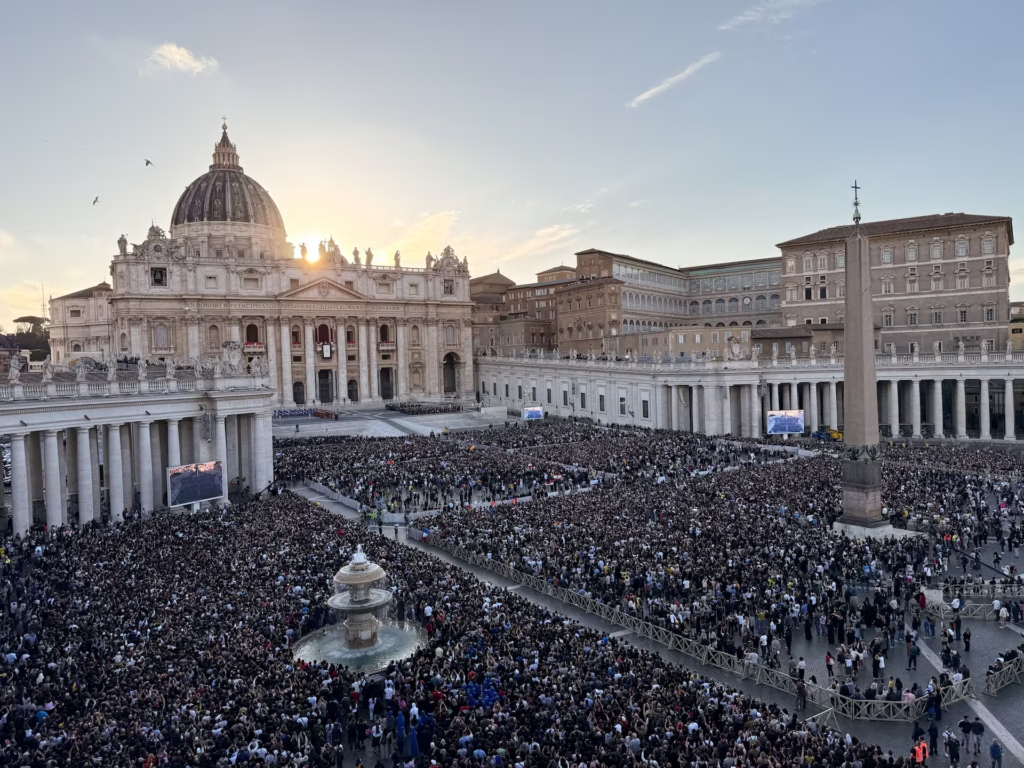
A Pope for the Peripheries: Synodality and Mission
From his first addresses, Pope Leo XIV set forth his vision: a Church that listens, a Church that walks with the excluded, a Church not afraid of the periphery. He speaks often of “synodality,” a word that sounds modern but is as old as Pentecost. He calls us not to fear difference, but to discover the unity hidden within our diversity.
He has asked us to “walk together, foster communion, and engage in authentic dialogue.” These are not abstract ideals. For Pope Leo XIV, synodality is as practical as visiting a sick neighbour or welcoming the stranger. It is the Church, not as an institution above history, but as a companion within it.
The Indian Connection: Kerala’s Joy, Malankara’s Prayer
In Kerala, the bells tolled long into the night. The Kerala Catholic Bishops’ Council offered prayerful support, seeing in Pope Leo XIV’s missionary years a mirror of their own journey. “Let him be able to take a realistic look at present day challenges and lead the Church and society in the path of peace and unity,” declared the Council. The joy was personal, too. Priests and laity alike recalled the Pope’s visits, the simple meals, the shared prayers.
Fr. Wilson Injarapu, Vicar Superior of the Augustinian Vicariate in India, voiced the hope of many: “Having an Augustinian as the Holy Father is a significant blessing for us. It also underscores our obligation to pray for him and bolster his mission via our prayers and sacrifices.”
Among the Malankara faithful, the sense of connection is deep. The Pope who once walked our soil now intercedes for us all. The Church’s universality – so often spoken of, so rarely felt – has become, for us, a living reality.
Simplicity Amidst Grandeur
It is tempting to see only the grandeur – the gold, the marble, the thundering choir. Yet, the man at the centre remains the same friar who found contentment in simplicity. During his stays in Aluva and Edakochi, he accepted what was given, declined what was superfluous, and prayed long into the night. His humility is not an affectation but a habit born of long practice.
Priests who shared his table remark on his “profoundly spiritual” character and his devotion to silent Eucharistic Adoration. He once said, in the tradition of St Augustine, that “with you I am a Christian, for you I am a bishop.” It is a formula as old as the Church, yet ever new in its challenge.
The Order of Saint Augustine: An Ancient Family’s Joy
For the Order of Saint Augustine, the election of Pope Leo XIV is a moment of deep joy and responsibility. The Augustinian charism, shaped by centuries of theological reflection and missionary toil, finds new expression in the ministry of the Successor of Peter. The Order’s history in India dates back to 1572, and its continued presence in Kerala is a testament to the enduring vitality of the religious life.
Fr. Metro Xavier, OSA, reflecting on his interactions with the new Pope, says, “His spiritual life was grounded in prayer and simplicity.” This, then, is the lesson for us all: the path to greatness is paved with small acts of faithfulness.
Pope Leo XIV and the World: A Mission for the Present Hour
The world looks to Rome with questions, anxieties, and hopes. War and violence shake many nations; the poor demand justice; the Church is asked to be both ancient and ever new. Pope Leo XIV steps into this hour not as a conqueror, but as a shepherd. He has pledged to continue the legacy of Pope Francis – to dialogue, to care for the earth, to defend the dignity of the marginalised.
It is not an easy path. The storm has not passed. But in the words of Pope Paul VI, echoed anew: “The Pope believes he must follow no other path than that of trust in Jesus Christ, who cares for His Church more than anyone else.” It is the Pope’s paradox: to govern by surrender, to lead by listening, to speak with the authority of one who first learns in silence.
The Holy Father’s First Petition
On his first evening, Pope Leo XIV led us in prayer to Our Lady of Pompeii. Together with the crowds in St Peter’s Square, he implored Mary’s intercession for the Church, for the world, for peace. His blessing, humble and solemn, seemed to draw together every corner of the earth. It is here, in the communion of prayer, that the true mystery of the Papacy is revealed: not a ruler over, but a father with.
The Church in Hope, the World in Expectation
So we stand – as did those before us and those who will follow – on the threshold of a new papacy. Pope Leo XIV begins his ministry with the blessing of peace. He inherits a Church both wounded and beautiful, and invites us to walk beside him, not behind. His life, marked by paradox and service, is a sign to all: that greatness is found not in grasping, but in giving.
As we raise our prayers for the new Pope, let us remember that the white smoke rises not from the chimney alone, but from every heart longing for peace, unity, and hope. The Church, ancient and young, greets Pope Leo XIV – not as a stranger, but as one who, by the grace of God, walks among us still.
